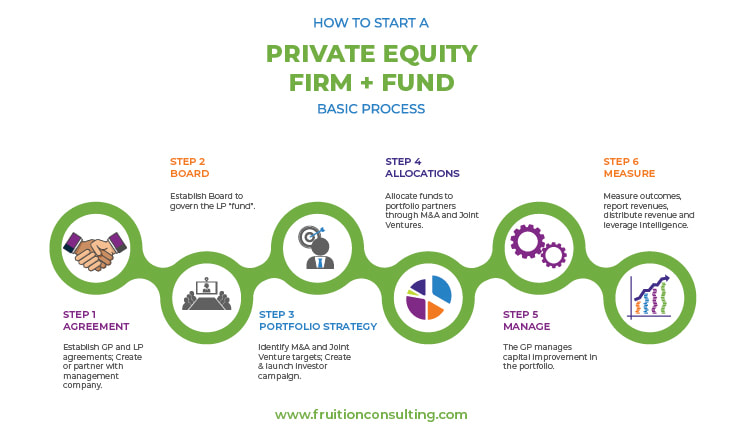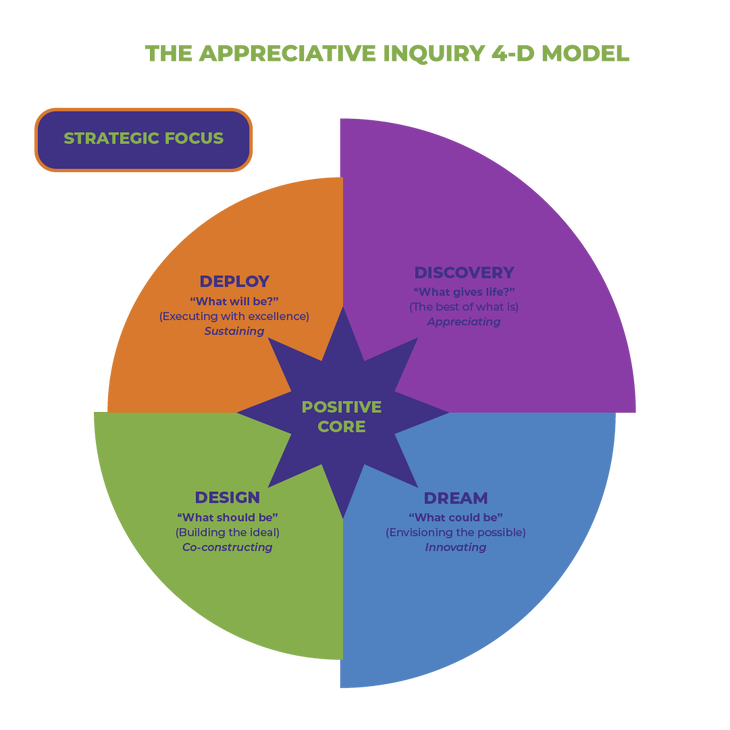|
In today's economic landscape, the unlimited resources of large organizations and corporations often perpetuate barriers to economic equity, leaving small businesses with unclear pathways for growth. We recognize the need to address the challenges faced by small businesses, so we are providing this 3-point article that summarizes the self-reliant remedies from the Delete the Gap Initiative. Point 1: Unveiling the Biggest Challenges & Opportunities for Small Businesses The biggest challenge for small business is relying on "soloprenuer" hustle culture. The biggest opportunity for small business is to practice extremist teamwork combined with the principles of change leadership and private equity structure. Private equity formation is a universal small business empowerment strategy. Without understanding basic private equity management, it is impossible to optimize or scale small businesses. Utilizing the steps outlined within the infographic above, small businesses can unlock a wealth of opportunities to raise capital, enhance operational efficiency and leverage joint ventures for growth. Private equity strategy is the heart of Fruition Consulting's Delete the Gap initiative, which is dedicated to eliminating the divide between micro and macro businesses. Furthermore, Mike Moyer's Book Slicing Pie is also a standard reference for understanding how to create and distribute equity. Point 2: Essential Integrated Digital Skills The most important trade tools that empower small businesses are digital platforms. Below is a list of the most accessible and essential solutions that enhance digital administrative capacity and multimedia visibility while fueling growth through analytics and automation.
Point 3: Shifting Mindset To Prioritize Policy Engagement In her transformative book, "Lead From The Outside," Stacey Abrams shares a vital playbook for acquiring community-based, policy engagement skills and political power. Inspired by Abram’s powerful message, we emphasize the significance of policy engagement for small businesses as an equally important factor to raising capital. Additionally, we recommend combining the strategies of David Cooperrider and Diana Whitney’s Appreciative Inquiry with Stacey Abrams' Playbook, in order to develop policy authorship and engagement skills. These combined philosophies also equip small business teams with the best practices to navigate the psychological challenges of community based policy change. Policy engagement is an essential factor for creating a more equitable and inclusive world. The ultimate goal of policy engagement should be to create a new standard of compassionate capitalism. Written By Omni-prenuer & Co-founder of Fruition Consulting Richard C. McCaskill
0 Comments
Leave a Reply. |
|
If You Want it Done... Bring it to Fruition!
LocationsSan Diego
Oakland Los Angeles |
Telephone |
|



